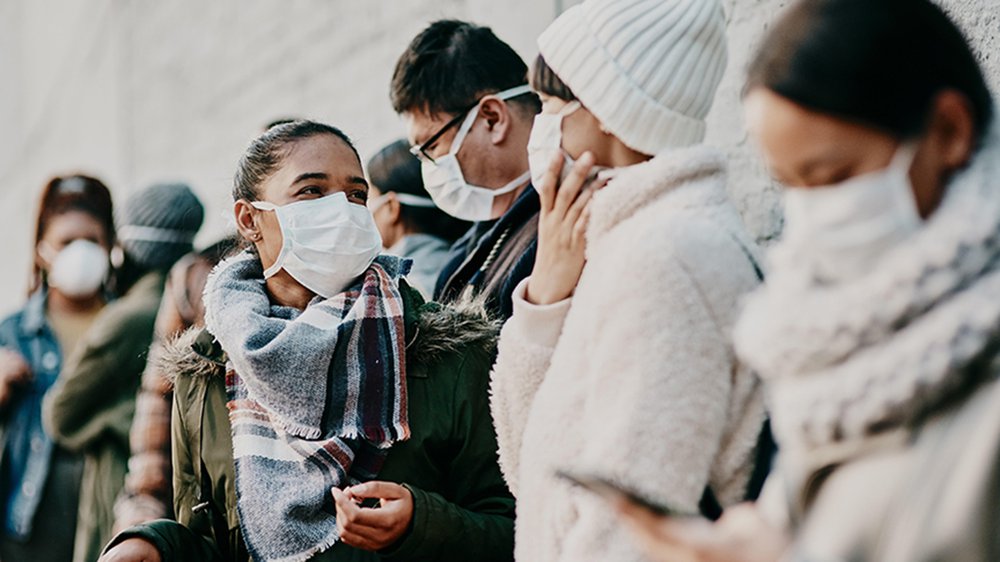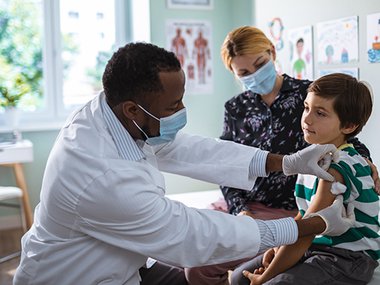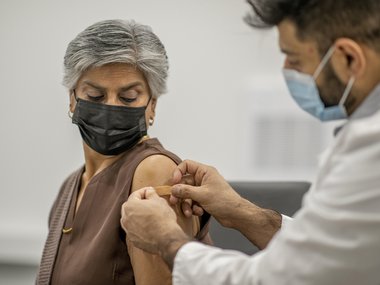As scientists around the globe race toward a vaccine for the novel coronavirus SARS-CoV-2, we keep hearing about the notion of herd immunity. So, let’s take a moment to look at herd immunity through the lens of science. Okay, for starters, what is herd immunity?
The basic idea here is that enough people in any population would be vaccinated to a virus or would have survived an infection to offer a kind of protective buffer to lower the probability that the virus spreads to individuals who have not been vaccinated or have yet to become infected. In the past, herd immunity has been achieved through vaccines, like for Polio or Smallpox, but very rarely through natural recovery to infection.
In order for us to gain some sort of natural immunity to this virus -- which is still being debated by scientists -- we would need extremely large swaths of the population to get infected and recover. That, of course, could lead to many more deaths along the way.
Here’s another issue: If someone gets infected and recovers -- potentially gaining immunity -- we still don’t know how long natural immunity lasts, if at all. Meaning we just don’t know if a recovered person can contract the virus again or not, making the hopes of natural herd immunity very difficult to achieve.

The other option toward achieving herd immunity is developing a vaccine. A vaccine would be able to ensure immunizations for large groups of people and could help us in reaching herd immunity. That, of course, is dependent on a safe and accessible vaccination, which currently is not available (although, there have been encouraging signs of viable vaccines in large-scale trials already).
Until we have an approved vaccine, scientists are encouraging everyone to wear masks, socially distance, wash your hands and avoid large gatherings, especially indoors. There’s that old saying about a herd and having strength in numbers, but in this case it’s beneficial for public health to have smaller numbers. From our herd to yours, stay safe and healthy out there!
The Museum is hard at work helping you to discover your world despite dramatically reduced financial resources. If you'd like to help us continue this work, click here to learn how.


